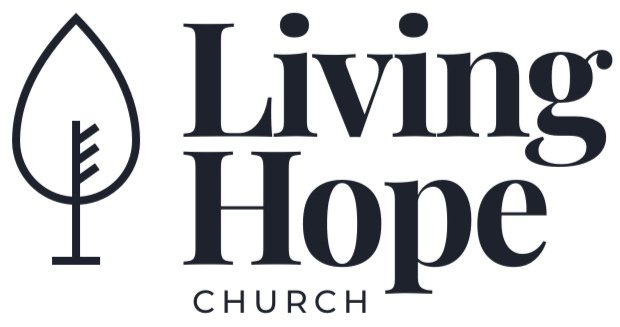In chapter 19 Job responds with even more intensity than we have seen so far. He does not let his ‘comforters’ off the hook for being miserable. He then makes a very bold statement. Look at verses 4-6:
4 Even if I have sinned,
that is my concern, not yours.
5 You think you’re better than I am,
using my humiliation as evidence of my sin.
6 But it is God who has wronged me,
capturing me in his net.
Job states clearly that God has wronged him. And Job lays out how that has been the case. He also describes his suffering in some pretty interesting ways: his breath isn’t welcomed by his wife, children despise him, etc…And yet we come to verses 25-27:
25 For I know that my Redeemer lives,
and at the last he will stand upon the earth.
26 And after my skin has been thus destroyed,
yet in my flesh I shall see God,
27 whom I shall see for myself,
and my eyes shall behold, and not another.
My heart faints within me! (ESV)
Job still trusts the Lord, in the midst of all that he has gone through. He won’t confess to sin that he hasn’t committed, but he also won’t turn away from his God.
This text reminds me of this version of “My Redeemer Lives” that I heard back in college:
But I also want to comment on Zophar’s speech (ch. 20) and Job’s response (ch. 21). Job essentially asks what many do: why is then that the wicked live in ease and prosper and die in peace? Where is the justice?
Here are D.A. Carson’s comments on this:
“Even allowing for Job’s exaggerations—after all, some wicked people do suffer temporal judgments—his point should not be dismissed. If the tallies of blessing and punishment are calculated solely on the basis of what takes place in this life, this is a grossly unfair world. Millions of relatively good people die in suffering, poverty, and degradation; millions of relatively evil people live full lives and die in their sleep. We can all tell the stories that demonstrate God’s justice in this life, but what about the rest of the stories?
The tit-for-tat morality system of Job’s three interlocutors cannot handle the millions of tough cases. Moreover, like them, Job does not want to impugn God’s justice, but facts are facts: it is not a virtue, even in the cause of defending God’s justice, to distort the truth and twist reality.
In the course of time it would become clearer that ultimate justice is meted out after death—and that the God of justice knows injustice himself, not only out of his omniscience, but out of his experience on a cross.”
Carson, D. A. (1998). For the love of God: a daily companion for discovering the riches of God’s Word. (Vol. 2, p. 78). Crossway Books.

